Lala Lajpat Rai was one of the outstanding leaders of modern India, a contemporary of Dadabhai Naoroji, Tilak, Gokhale and Gandhi. His public life spanned the last decade of the nineteenth century and first three decades of the twentieth century. In his twenties he practiced law at the Lahore Chief Court and built up a lucrative practice but was drawn very early into public activities pertaining to religious, educational and social reforms and then to nationalist politics. Lajpat Rai was one of the foremost leaders of the Indian National Congress. His arrest and deportation without trial to Burma in 1907 created a great sensation in India. he spent the war years in the United States promoting the Indian cause for self-government. He returned to India in 1920 and presided over the historic session of the Indian National Congress at Calcutta which approved of Gandhi,s programme for non-cooperation with the Raj. Later, he was the deputy leader of the Swaraj Party in the Central Legislative Assembly. He remained active in provincial as well as national politics in the 1920s. while leading a demonstration against the Simon Commission at Lahore in 1928 he received injuries in an assault by the police which hastened his death. The third volume in the series covers the period from January 1907 to March 1909. during this period Lajpat Rai found himself in the center of a political storm. In May 1907 he was arrested and deported to Mandalay in Burma by the Government of India on the recommendation of Sir Denzil lbbetson, the Lieutenant-Governor of the Pubjab, who suspected that Lajpat Rai was planning a mass uprising on the fiftieth anniversary of the Mutiny of 1857. as this book would show Lajpat Rai was released ater six months when the Viceroy, Lord Minto, realized his mistake. Soon after his return to India, Lajpat Rai’s name was proposed by the Extremist group for the presidentship of the Surat session of the Indian Nationa Congress. But as an act of self abnegation he declined the honour and instead made efforts to prevent a clash between the two Congress groups. The session had a disastrous end, leading to a split between the Moderates and Extremists which lasted for nine years. Lajpat Rai undertook a seven-month tour of England in 1908-9 to put across the case for Indian self-government to the British press, parliament and people while the Reforms Bill was on the parliamentary anvil.
Indian Economic Policy and Management
$59.40
$66.00

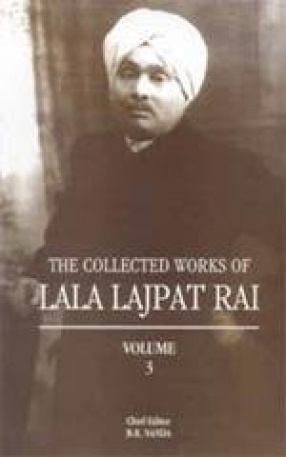
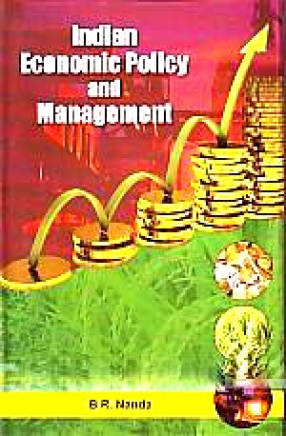
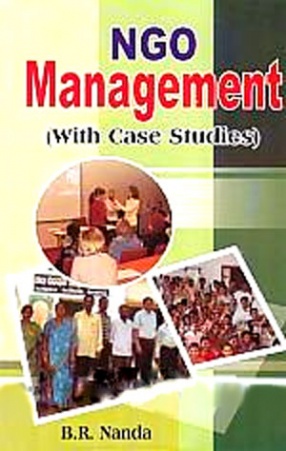
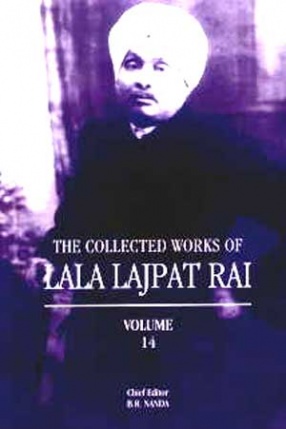
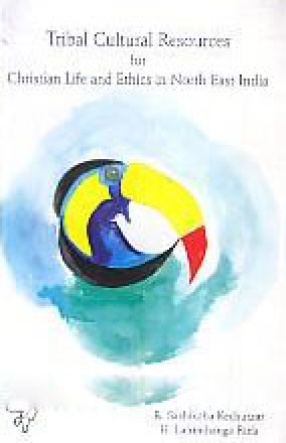


There are no reviews yet.